A specialized professional
medical team
Providing care
at the highest level
Medical devices
Modern and advanced
Ambulances equipped
at the highest level
.png)
El Marwa Specialized Hospital
A story of unparalleled attention and care that begins from the first moment the patient steps into the critical care center. We are here to provide you with more than just medical services, but rather to offer you a story of integrated care that extends from heart to heart. At the heart of our story are specialized medical teams who work with great dedication and attention to ensure that your needs are met and your concerns are addressed with the utmost professionalism and care.
We are here to provide comprehensive care for all categories of patients, from young children to the elderly, from heart patients who need specialized care, to critical surgical cases that require rapid and effective intervention.
Every day, we dedicate our efforts to becoming the best acute care center, to meet and exceed your expectations, and to provide the comprehensive medical care you deserve. We not only provide treatment, but we provide hope, support and reassurance every step of the way to recovery.
services
Heart care
Children's care
Newborn care
Care of burn patients
Care of surgical cases
Digestive system care
The Digestive Care Center cares for patients with conditions including the pancreas, liver, gallbladder, esophagus, stomach, small intestine and colon. We also focus on treating obesity through many specialized programs.
artificial breathing
We are here to provide comprehensive care for all categories of patients, from young children to the elderly, from heart patients who need specialized care, to critical surgical cases that require rapid and effective intervention.
Hematology and oncology care
Few diseases have the power to cause fear on the level of cancer and blood disorders. But whether the problem is as simple as anemia or as life-threatening as leukemia, NuHealth's hematology and oncology specialists can help ease patients' symptoms...and their minds. Diagnosing and treating diseases of the blood, bone marrow and lymph nodes as well as cancers of all types, the Department of Hematology and Oncology works closely with colleagues in other specialties, such as women's health and pediatrics.
Kidney care
The Department of Nephrology Intensive Care is staffed by nephrologists with special interests in acute renal failure, critical care medicine, acid-base disorders, as well as fluid and electrolyte disorders. In addition, several members of this team have fellowships in critical care medicine as well as nephrology
Poisoning care
Poisoning is the occurrence of injury or death as a result of swallowing, inhaling, touching, or injecting various medications, chemicals, toxins, or gases. Note that many substances — such as drugs and carbon monoxide — are toxic only at higher concentrations or doses. Some types of cleaners only cause harm if swallowed, while others emit toxic gases/fumes as well. Children are particularly sensitive to even small amounts of some medications and chemicals
Intravenous catheter
A central venous catheter is a long, flexible tube that is inserted into a vein in the chest. There are several different types of central venous catheters. Your doctor will decide which type is best for you. All central venous catheters contain a single central catheter that is inserted into one of the large veins near your heart. Outside the body, the central catheter is divided into one, two, or three smaller tubes known as lumens. Each cavity contains a clip and needleless connector (also known as a wand), as well as a sterilization cap on the end
Having a central venous catheter helps reduce your exposure to needle sticks. Your care team will use a central venous catheter to:
- Draw blood samples from you
- Giving you fluids
- Giving you chemotherapy and other medications
- Give you blood transfusions
- Giving you intravenous nutrition
A central venous catheter can remain in your body for a few years. It will remain in place for the duration of treatment. Your doctor will remove your central venous catheter when you no longer need it.
Having a central venous catheter should not prevent you from doing your usual activities, such as going to school or work, or showering and doing light exercise. Read the “Caring for your central venous catheter” section for more information.
You will undergo a central venous catheter placement procedure. The nurse will instruct you how to prepare for the procedure. She will also instruct you on how to care for your central venous catheter after the procedure. You will learn how to:
- Change the bandage
- Change needleless connectors
- Changing Disinfection Caps (SwabCaps™)
- Flushing the central venous catheter
Your caregiver, family member or friend can also accompany you to learn this with you. After you go home, use this resource to help you remember the steps to care for your central venous catheter.
+ .
Years of Experience
+ .
Medical team
+ .
Care rooms
+ .
Cases
Frequently Asked Questions
The Pediatric Cardiac Intensive Care Unit ensures that your child is closely monitored by experts trained to care for the unique needs of infants and children recovering from heart surgery. It is specially equipped with pediatric devices and medical monitors that ensure immediate assistance is always available.
The Pediatric Cardiac Intensive Care Unit ensures that your child is closely monitored by experts trained to care for the unique needs of infants and children recovering from heart surgery. It is specially equipped with pediatric devices and medical monitors that ensure immediate assistance is always available.
The Pediatric Cardiac Intensive Care Unit ensures that your child is closely monitored by experts trained to care for the unique needs of infants and children recovering from heart surgery. It is specially equipped with pediatric devices and medical monitors that ensure immediate assistance is always available.
The Pediatric Cardiac Intensive Care Unit ensures that your child is closely monitored by experts trained to care for the unique needs of infants and children recovering from heart surgery. It is specially equipped with pediatric devices and medical monitors that ensure immediate assistance is always available.


 Arabic
Arabic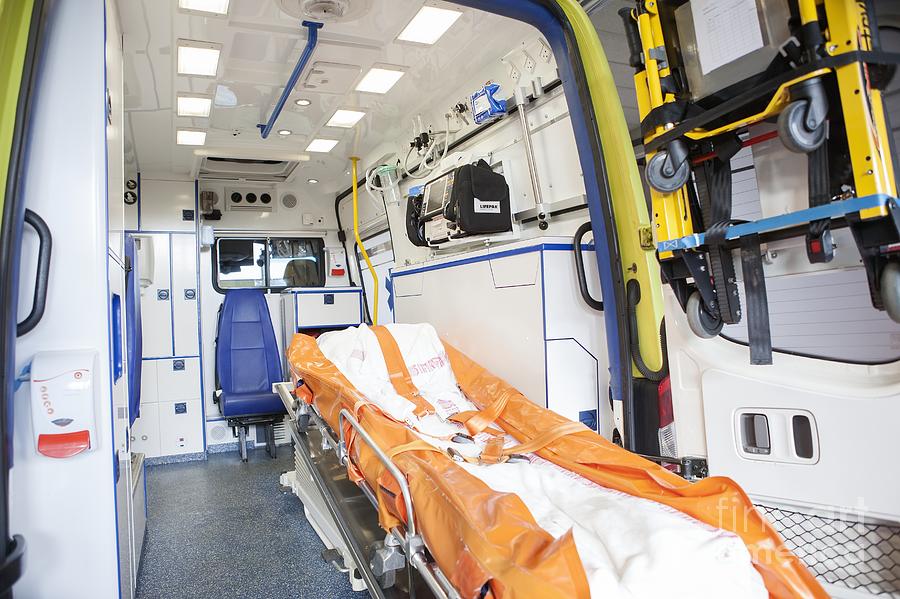
.png)









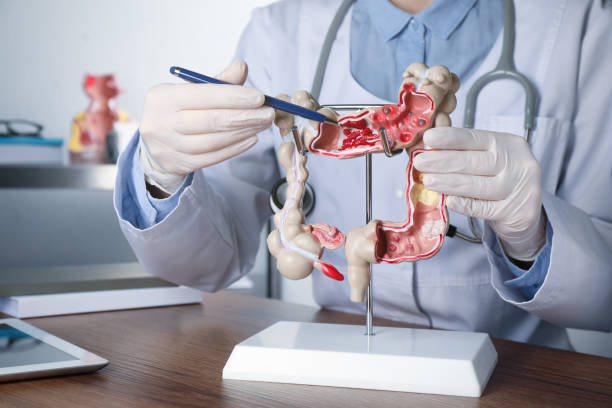
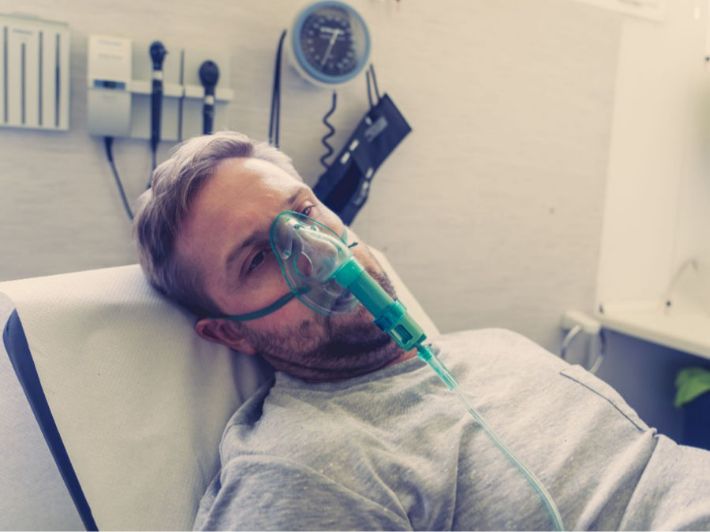

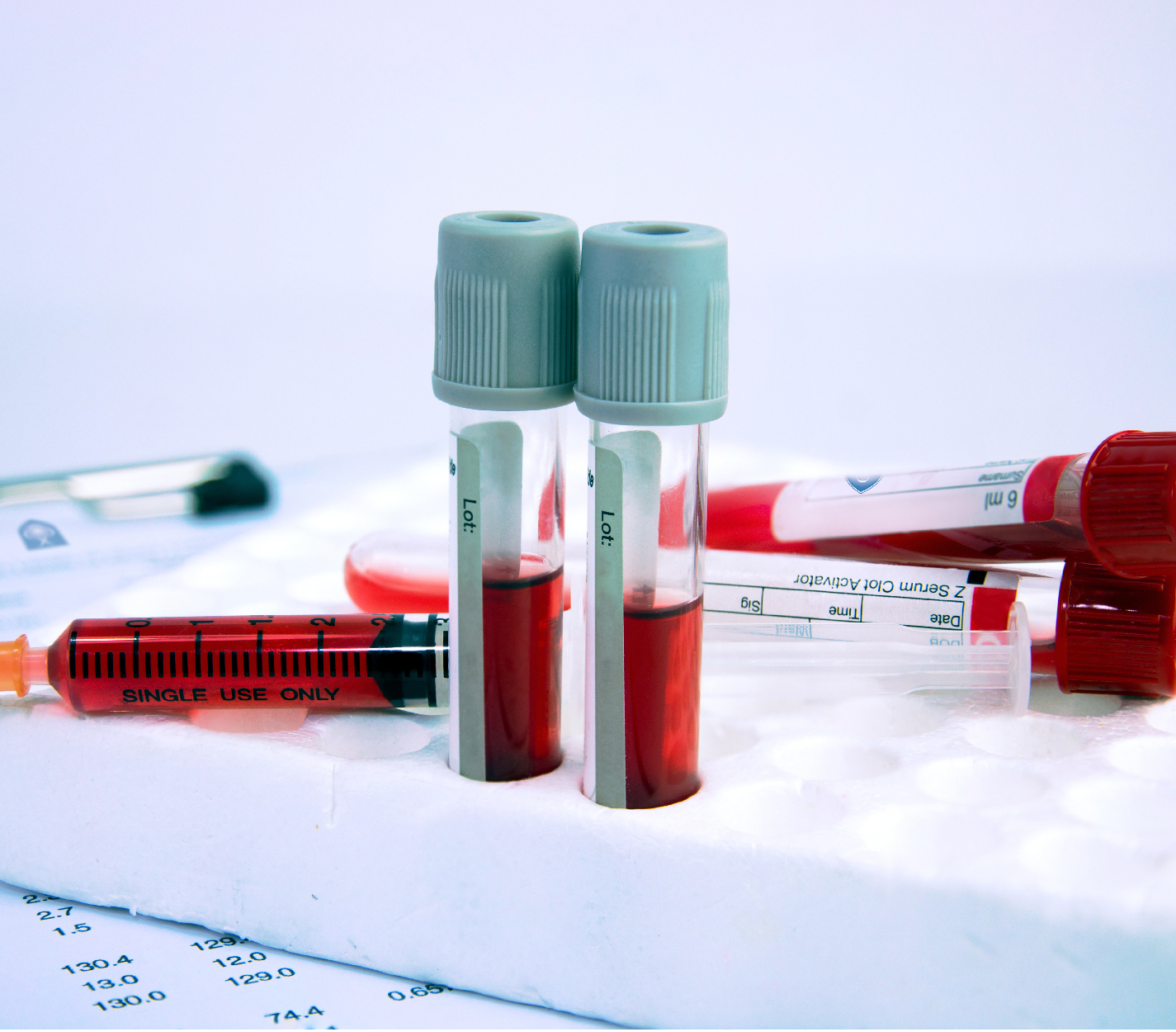
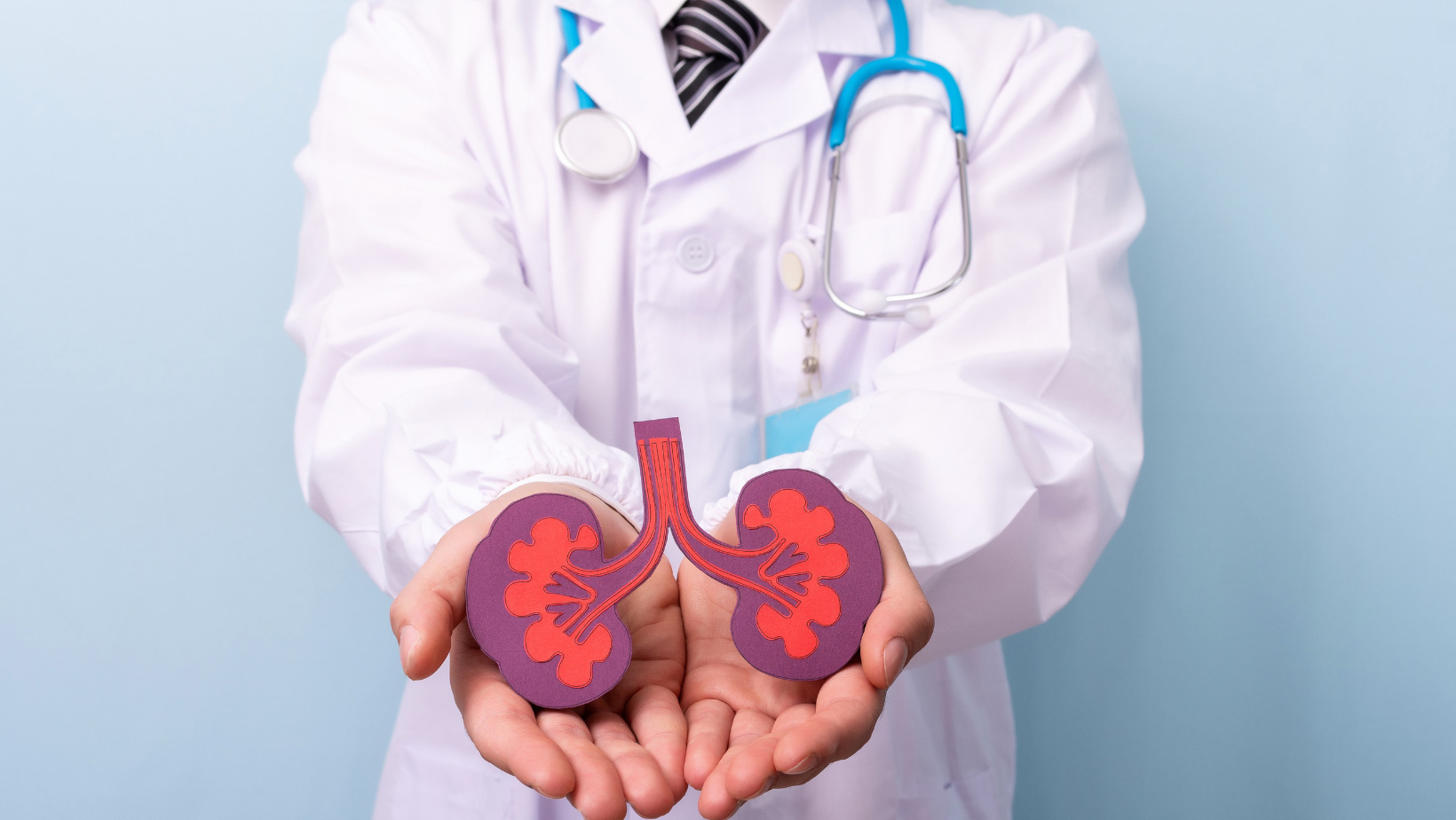

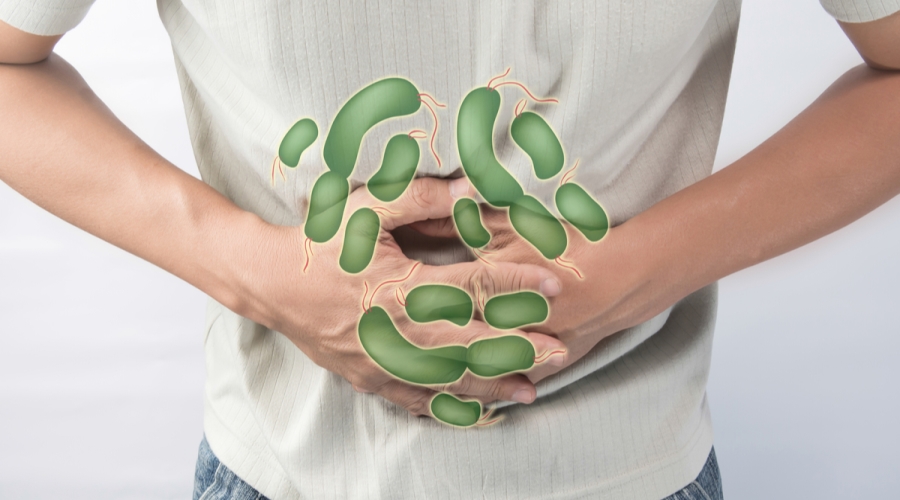
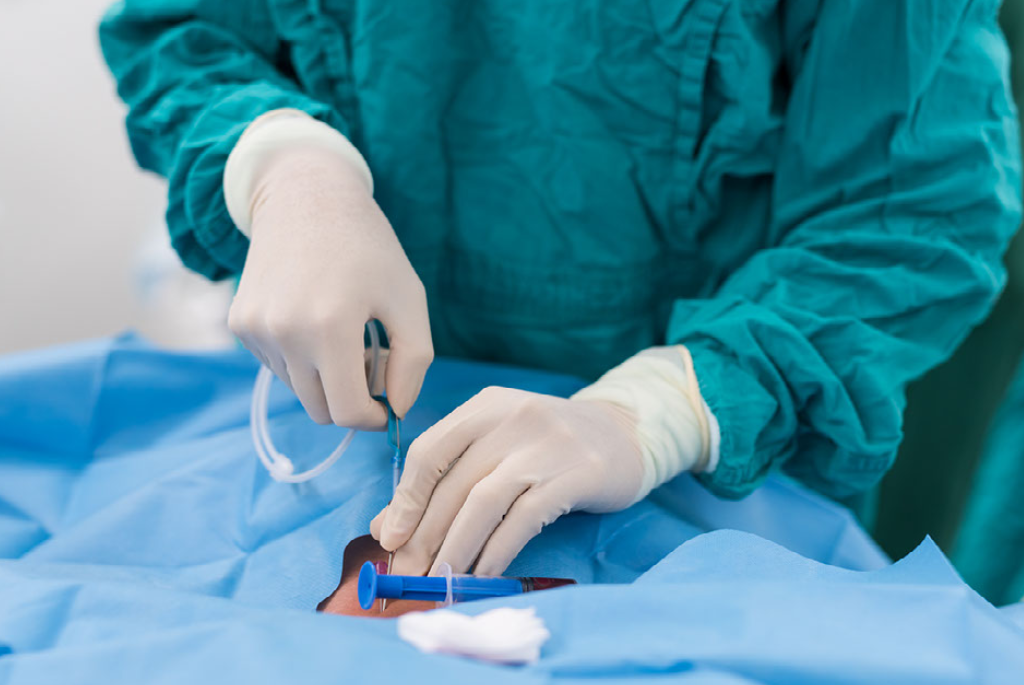
.png)

.jpg)
.png)
.jpg)
.png)